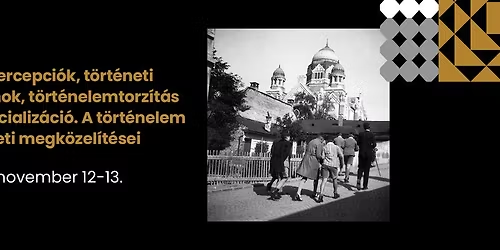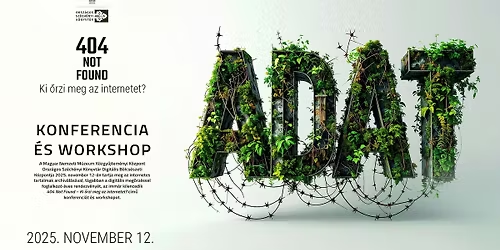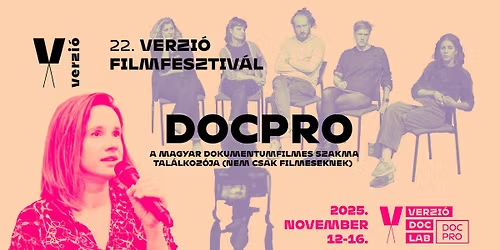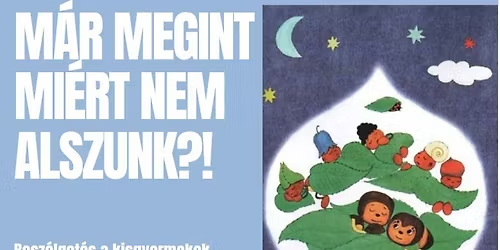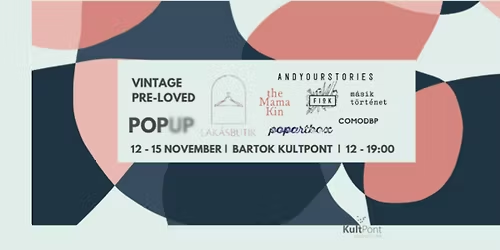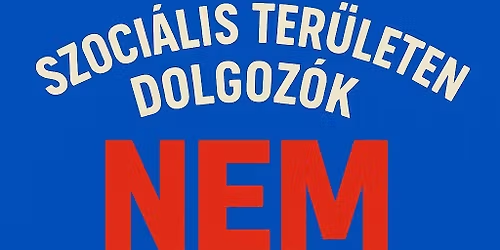
Advertisement
Garbage. Garbage is a seemingly intuitive category, readily accessible to all and yet theoretically evasive. The color-coded bins not only receive society’s everyday discards, they also confine our imagination about garbage to seemingly obvious categories. In this presentation, I intend to break open those categories. Interested in the kinds of waste that do not “fit” into the bin, that categorically defy classification or effective containment, I explore the variations of familiar patterns that appear at different scales and across time and explain how waste management “works” to fortify existing power structures. I will begin my discussion with a case study from Bonaire, a small island in the Caribbean which has recently been plunged into a major waste crisis, to show how waste management infrastructures are technologies of concealment and as such intimately connected to the very structures that maintain common sense understanding of security and order. Anne Berg is Associate Professor of History at the University of Pennsylvania. Her research focuses on waste and recycling, film and cities, racism, war, and genocide. She has authored two books, On Screen and Off: Cinema and the Making of Nazi Hamburg (University of Pennsylvania Press, 2022) and Empire of Rags and Bones: Waste and War in Nazi Germany (New York: Oxford University Press, 2024), which won the 2023 Ernst Fraenkel Prize. She currently works on two book projects. Rubbished World: A Global Environmental History of Garbage examines the connections between public sanitation and policing. Nation of Cleaners: The Mess of War and the Legacies of Nazi Recycling examines how Germans reclaimed ideas of cleanliness and order and refurbished them for the purpose of remaking German statehood in a post-1945 world.
Image: Anne Berg
RSVP Agnes Bendik at [email protected]
Advertisement
Event Venue & Nearby Stays
Nador u. 13., Budapest, Hungary, 1051
Concerts, fests, parties, meetups - all the happenings, one place.

